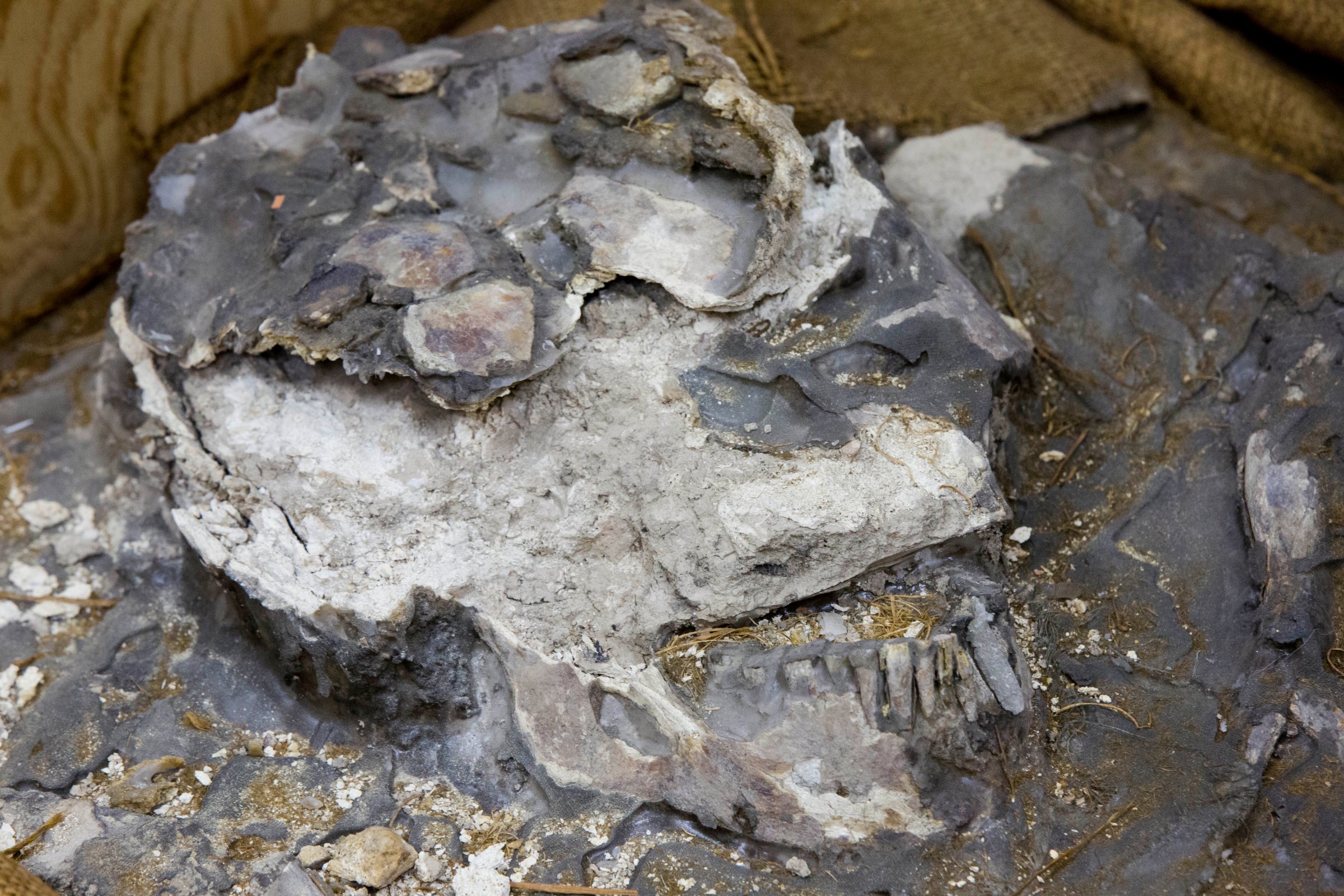
An archaeology museum in Philadelphia said Tuesday it found a 6,500-year-old human skeleton in its own basement.
Yes. Its own basement.
Researchers at the Penn Museum, which is associated with the University of Pennsylvania, said they found documentation for the human skeleton while digitizing old records. The remains are extremely rare and date to 4,500 BCE. They were unearthed by archaeologists around 1930 during an excavation of the ancient city of Ur in modern day Iraq beneath the city’s cemetery, itself dating back to 2,500 BCE, Reuters reports.
The skeleton, which scientists have named Noah, is roughly 2,000 years older than any other remains found at the excavation site. The find could give scholars a new depth of understanding into everyday life during the little-understood time period.
Noah’s remains indicate he was muscular, about five feet-ten-inches tall and died at 50 years old.
[Reuters]
More Must-Reads from TIME
- Inside Elon Musk’s War on Washington
- Meet the 2025 Women of the Year
- The Harsh Truth About Disability Inclusion
- Why Do More Young Adults Have Cancer?
- Colman Domingo Leads With Radical Love
- How to Get Better at Doing Things Alone
- Cecily Strong on Goober the Clown
- Column: The Rise of America’s Broligarchy
Contact us at letters@time.com